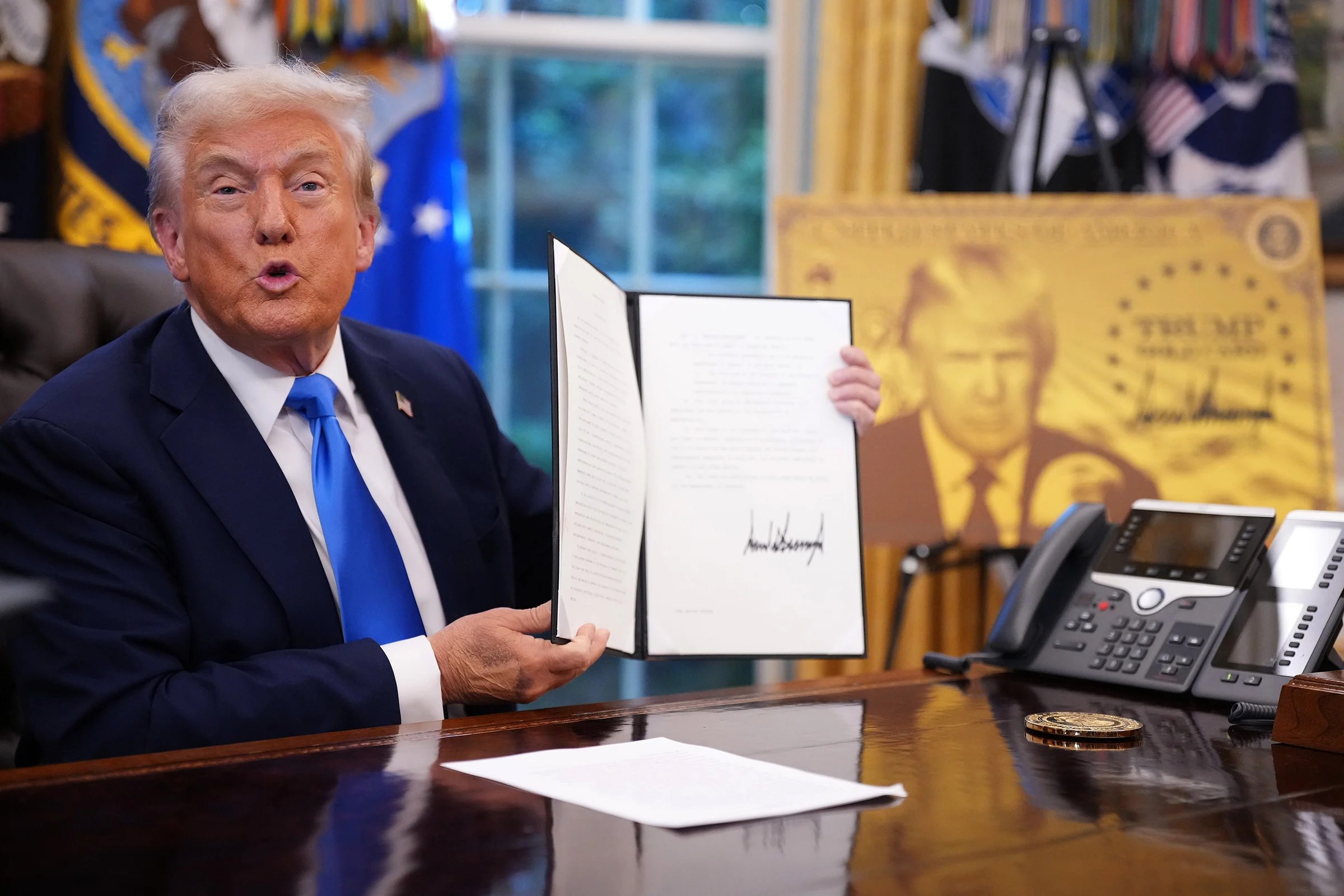By Jason Li Hanming
Copyright scmp

The US’ shake-up of its H-1B visa programme has left businesses scrambling to respond. On September 19, President Donald Trump announced that companies hiring foreign nationals to work in the United States under the scheme would be charged an extra US$100,000 per beneficiary, effective from September 21. The vague language of the proclamation created widespread confusion. Companies that feared their H-1B employees would be denied entry were forced to urgently recall employees on holiday or business trips.
Five days later, the administration announced it plans to revamp the visa selection process to favour higher-skilled and better-paid workers.
As an employer with workers worldwide, I believe this presents Hong Kong with an opportunity. As multinational companies in the US mull their response to the visa changes, Hong Kong should step forward. The city should promote its immigration policies, such as the Top Talent Pass Scheme, to employers and talented individuals facing H-1B visa issues, to persuade them to invest and live here.
There are three main arguments for pursuing H-1B workers being driven out of the US. First, most of the current major H-1B employers are engaged in strategic industries, such as finance or information technology, which are in line with Hong Kong’s future development needs.
The H-1B programme has an annual quota of 85,000 places for new applicants, though not all employers are subject to this cap. About 400,000 H-1B applications were approved in the 2024 fiscal year. Almost half of the approved H-1B applications for that year came from the “professional, scientific and technical services” sector, with manufacturing and information next at 11 per cent and 9 per cent of approvals, respectively.
Among individual employers, Amazon had the most approvals in 2023, with more than 11,000, or 2.9 per cent of all approvals. Other familiar names in the top 10 included Infosys, Google, Microsoft, Apple, Meta and JPMorgan.
Second, the H-1B application process is rigorous, in essence guaranteeing the authenticity of the talent. Approval of an H-1B application is a powerful signal, effectively a strong endorsement by the US government of the employee’s résumé and skills and the employer’s business.
Application requirements for talent visas tend to be similar across many countries. In other words, those granted H-1B visas from the US are likely to also meet the standards of immigration programmes like the Top Talent Pass Scheme.
The foreign workers coming to the US under the H-1B programme often receive generous salaries, which could help them qualify for Hong Kong’s talent attraction programme. The H-1B programme has a minimum annual salary requirement of US$60,000, while the median annual salary for approved first-time H-1B applicants was around US$150,000 last year.
Third, the H-1B visa requires employer endorsement and presents a strong bond between employer and talent. As an employer-petitioned status, an H-1B visa requires the employer to cooperate with a series of legal procedures. Based on my experience hiring H-1B employees, the entire process costs about US$10,000 and takes about six months.
The Trump administration’s revamp of the H-1B programme significantly affects not only those seeking employment, but also companies planning their business. However, remote work and video conferencing are now ubiquitous, and the “digital nomad” lifestyle is increasingly common. Therefore, as long as employers are willing to open or expand their branches in Hong Kong, talented individuals will have a job here.
Many of the largest H-1B employers already have a presence in Hong Kong. In other words, as long as they are provided with relocation services, those workers and employers paired in the US would have the opportunity to be paired in Hong Kong instead, bringing the city talent and investment.
The business environment is crucial for both international talent and multinational corporations. The friendliness of government and society directly influences their impression of Hong Kong and China itself.
The experience of China’s reform and opening-up shows that foreign talent and investment, won through friendliness, enthusiasm, professionalism and a willingness to address urgent needs, often foster sincere friendships that last decades or even a lifetime, as well as providing vital support for China’s development.
If Hong Kong can seize this opportunity as the US destroys the foundations of its own prosperity, and while multinational corporations are mulling their next course of action, the talented workers and investment attracted from the US will undoubtedly benefit the future development of the city and the whole of China.



